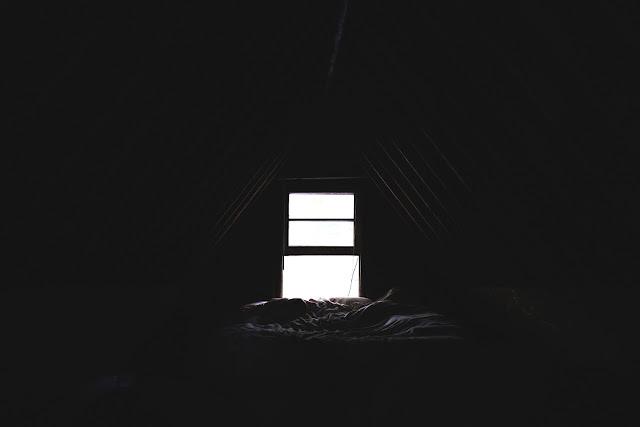But when it comes to falling asleep, darkness is one of your most reliable allies. Darkness is essential for the body to fall asleep. In absence of light, the brain sends a signal to the body indicating that it is time to rest. When there is a light source present at the wrong time, the body’s circadian rhythm, a biological mechanism that regulates sleep-wake cycles, can be adversely affected, thereby disrupting both the quantity and quality of sleep.
Our brain produces a hormone called melatonin, which basically sends our body a ‘time to sleep’ signal after which the physiological groundwork for the sleep-cycle to take place. This includes feeling lethargic, muscle relaxation, and a drop in body temperature. When darkness starts to fall after sundown, the levels of melatonin automatically increase and continue to do so throughout most part of the night, peaking around 3:00 am.
However, when the sun starts to rise, our melatonin levels start to drop and
remain low throughout the day. Exposure to light during nighttime can mess up
the naturally programmed increase of melatonin levels, which slows down the
body’s natural progression to sleep.
In addition to regulating our
melatonin levels, sleeping in complete darkness helps lower the risk of
depression. Studies suggest that a healthy sleep cycle is integral to
maintaining a balanced mental and emotional well-being. If your quality of
sleep gets affected due to even a bit of light, then you run the risk of
having sleeping issues, which are well-known for causing a range of emotional
problems, including depression.
Darkness is also important for quality sleep since it helps lower the possibility of a metabolic syndrome or disorder. Choose some good melatonin food sources like pineapples, bananas, oranges, oats, corn, barley and tomatoes can all up increase melatonin levels.
Simple ways to sleep in darkness:
-
Exercise earlier in the day, such as in the morning or afternoon.
- Avoid daytime naps, may it can help you.
- Avoid alcohol, caffeine, and large meals at night.
- Do not drink tea or coffee 4-5 hours before bed.
- Use room-darkening curtains.
- Set your thermostat to a cool temperature(during summer).
- Commit to a relaxing bedtime routine, such as reading, bathing, or meditating.
- Start lowering the lights in your home before bedtime.
- Go to bed at the same time every night, waking up at the same time every morning.
- Avoid screen time an hour before bed: turn off the television, power down computers and tablets, and put your phone away for the night.

This will certainly improve your sleep, and may reduce risk of later
disease.
Also read:
Foods for better sleep.
Thank You!



Comments
Post a Comment